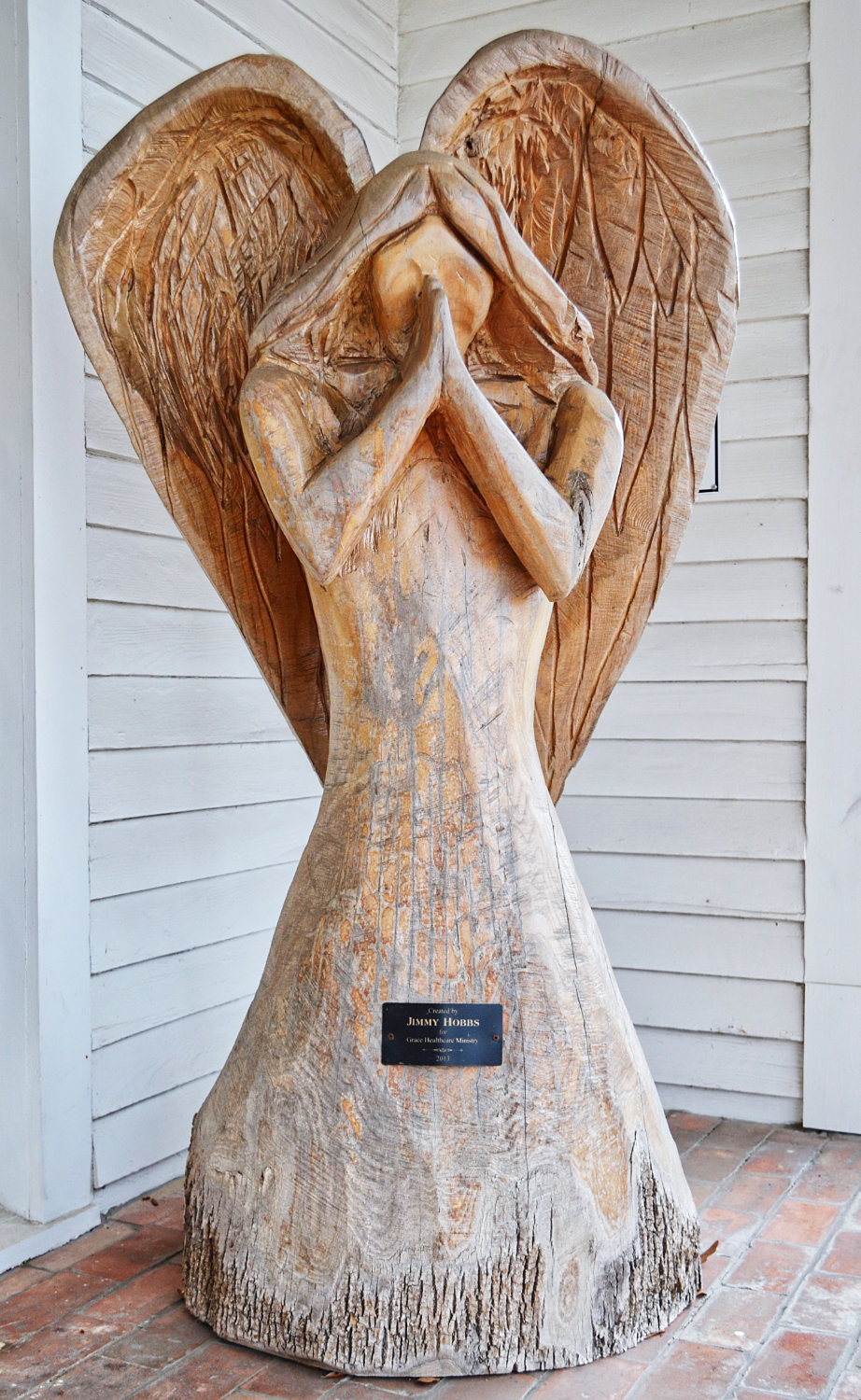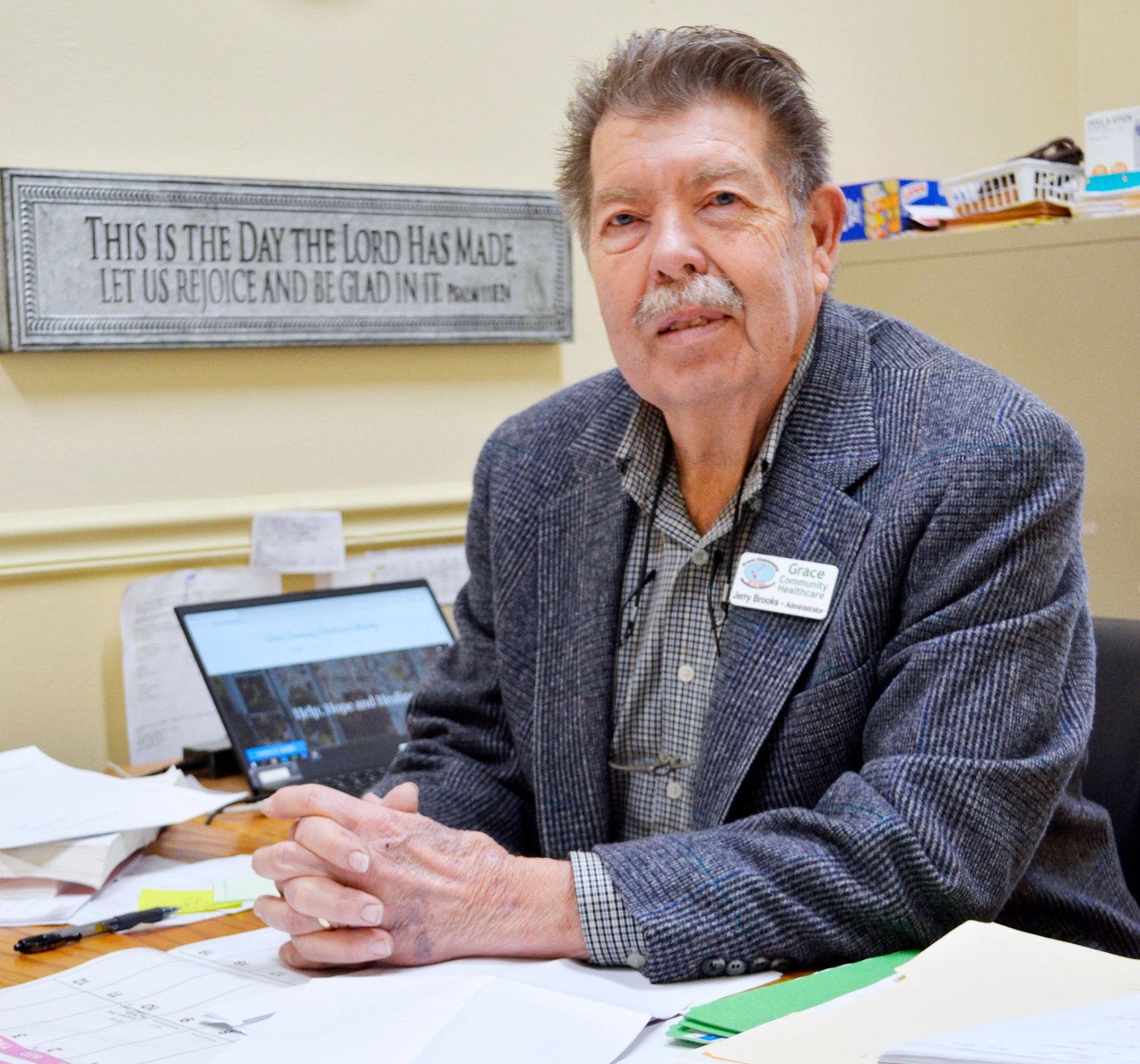Clinic not sidelined by pandemic
publisher@wood.cm
As the two-year-old pandemic has made health care access and decisions more acute, one resource for the community has remained steadfast.
This item is available in full to subscribers.
Attention subscribers
To continue reading, you will need to either log in to your subscriber account, or purchase a new subscription.
If you are a current print subscriber, you can set up a free website account and connect your subscription to it by clicking here.
If you are a digital subscriber with an active, online-only subscription then you already have an account here. Just reset your password if you've not yet logged in to your account on this new site.
Otherwise, click here to view your options for subscribing.
Please log in to continue |
Clinic not sidelined by pandemic
As the two-year-old pandemic has made health care access and decisions more acute, one resource for the community has remained steadfast.
Grace Community Healthcare Ministry in Mineola has “flexed,” according to administrator Jerry Brooks, and continues to see to the needs of those who otherwise might do without life-affirming, and sometimes, lifesaving medical care.
The clinic has established operating procedures in line with recommended medical guidelines, but in the early days of the pandemic, much was not known, and so that flexibility was important to address an ever-changing landscape.
Brooks used words to describe establishing procedures like elusive and controversial.
“It was hard to find the truth,” he said.
Initial guidelines were quite specific, such as wearing shoe protection and mopping floors regularly – things that are no longer needed.
But as many things had to change, the ministry’s guiding principals of faith-based and Christ-centered did not.
“We were fortunate to keep that.” Brooks said. They start the day with a morning prayer and have volunteer “prayer partners” who keep the clinic and its patients uplifted.
One big challenge was making sure that supplies could be maintained.
Brooks described the prevailing attitude as “911 on supplies.”
They were in a constant mode of securing supplies and stockpiling when they could, working with various vendors.
They managed to remain in touch with their patients, to check on them, which follows the clinic’s mandate to meet the needs of the community.
The non-profit clinic, which was born in the basement of the Methodist Church and moved into its quarters at 312 N. Pacific in the historic McReynolds home, operates on donations, including regular contributions from churches and individuals, as well as grants.
There are a couple dozen volunteers who lend a variety of services, from medical to clerical, and only three persons on staff who receive part-time compensation.
Some of those volunteers have been there since the beginning, and it is their heart to serve that is at the heart of the operation, Brooks explained.
That and prayer helps the clinic’s need to be met.
A recent example, the clinic was in need of an expensive heart-monitoring machine and was able to obtain it through the generosity of its supporters.
Being in an older structure also has its challenges, Brooks said.
The clinic is undergoing a flooring project to replace warped boards which Brooks thinks may be original to the 1907 house.
In addition to medical appointments for its patients, the clinic also provides lab services – all at greatly reduced rates based on income.
The lab also serves as a training ground for students involved in the medical career courses at Mineola High School.
Brooks calls that partnership a real blessing.
Most of the 300 patients came to the clinic after hearing about it from others. Even if they do not qualify for services, Brooks noted they can offer other options including referrals to other programs.
While treating the sick is the first goal, wellness is the focus, Brooks said, although educating patients about healthier lifestyles can be a challenge.
One vision is to eventually provide psychiatric help for those needing such services, to supplement the relationship the clinic has with its patients.
Among others who partner with the clinic are several local churches whose members take turns providing lunch for the staff each Friday.
The clinic’s mission statement says, “Our vision is to be a tangible outpouring of God’s love, offering both the opportunity for healing of the whole person and a spark for community change.”









